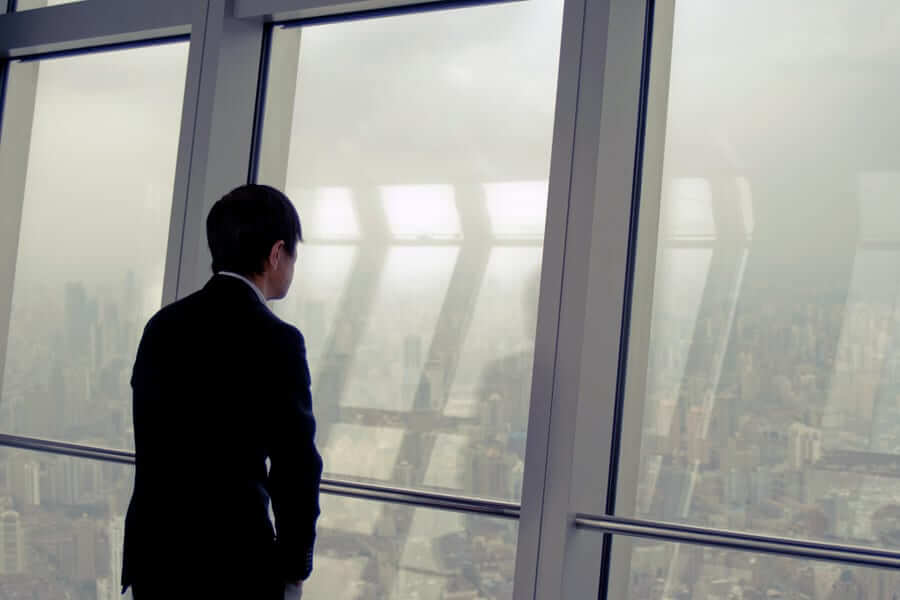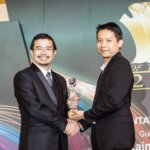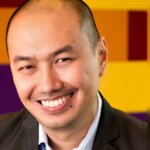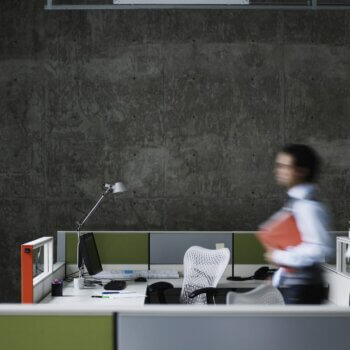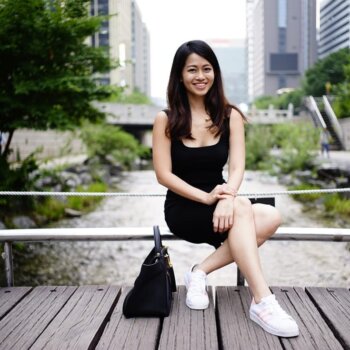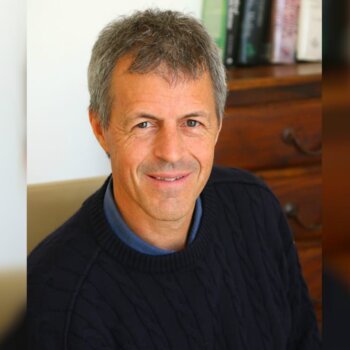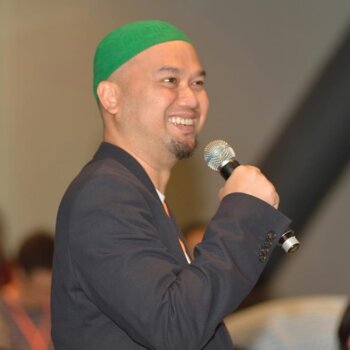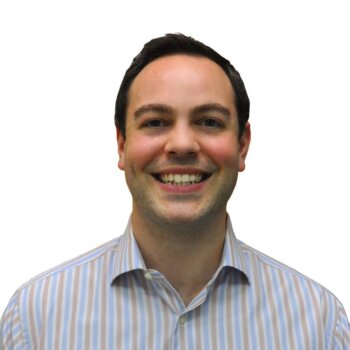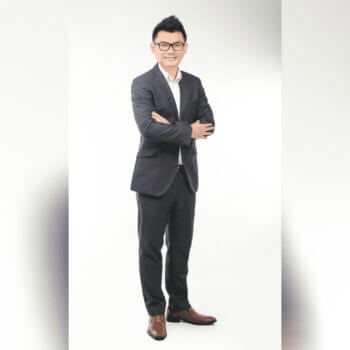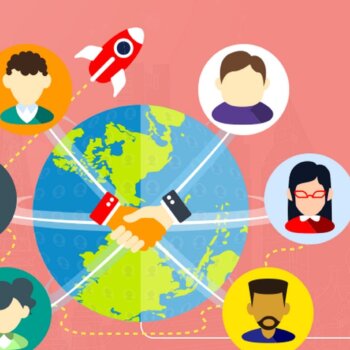If you know who Peter Thiel is, you probably also know what most people referred as Thiel’s law: “A startup messed up at its foundation cannot be fixed.”
That’s what happened to us. I wish I knew what I know now. Perhaps I should write another article about how we failed, if it’s useful for people.
I was under the impression I was supposed to sacrifice everything to make it work. I didn’t pay enough attention to my health and I let myself go. For me, the only important thing was my startup and nothing else.
The number of people I have encountered that think like I did is alarming. This is a warning for other entrepreneurs that might be going through the same, or if they think there would be time later to take care of themselves.
It Was Bad From Day 1
Since my co-founder and I decided to create Pathfinder, we were psyched and pumped by the infinite possibilities of what we could do and what we can achieve. We felt we had all the energy in the world, even if we didn’t have the experience or any idea or what the f**k we were doing.
That adrenaline you get when you’re building a startup made me push my limits. We knew it was a rough journey, and so I made it worse by forgetting to take care of my body, among other things you will read below.
You get caught up in that bootstrapping state of mind. You’re so pumped you don’t think or do anything else than your startup. You live, breathe and dream about it. No weekends, no time off, you just work 24/7.
Also when you’re bootstrapping, you cut your expenses as much as possible to save up money, dedicate every penny to your startup, or like in most cases, you’re giving up your regular sources of income.
You start going back to the cheap fast food diet you had during your first year of college. You think it’s okay, that your body can take it, and besides, it’s only for a few months.
I was eating a lot of crap for the sake of not spending time hopelessly trying to cook (I’m terrible at it). I found junk food convenient because it was an already-made hot meal I could get for cheap. My eating habits were and still are terrible.
It Got Worse With Time
It’s hard to break the cycle of eating poorly when you’re in a startup. I tried several times. The emotional roller coaster you go through as a founder could make you relapse in your down moments. When you’re in a startup, there are far more downs than ups.
I became abusive of bad food choices as if it was an addiction. In my many days of sorrow, I tried to make myself feel better with fast food. In my good days, I wanted to treat myself with something ‘delicious’. It ended up being a more expensive version of the same sh*t I was eating before.
I did nothing but work. My mantra was “eyes on the prize, eyes on the prize.” I was not exercising, not giving my mind some rest, not eating right, no sleep and never unplugging.
And I was always tired. Even when I took some time off I didn’t really rest. But I didn’t care. I just wanted my startup to take off, and then we can talk about everything else.
I had a few episodes of stomach pains so severely that there was a time I was hospitalized for a night. I was so stubborn and stupid, that wasn’t enough of a wake-up call to make changes.
Now I’m sure those habits made it harder to succeed. Not that my startup failed because of this, but I’m sure I could’ve been better at it if I was in a better shape.
Skipping Through Life
I let this toxic mind set control my life. It also deprived me of precious life moments and people I would never get back.
You tell yourself “don’t worry, keep going! Don’t lose focus on your dream! You’ll enjoy the rewards when you succeed.” You’re wrong. I learned this on the hardest way possible.
I am originally from a beautiful Caribbean island where the Dominican Republic is, but I live in Spain. Even though I love the old España, its people, and it’s the place I consider home since 2006, it really makes it complicated for immigrants to build companies here.
The struggle of being a startup founder is worse when you add the incredibly painful process of being an immigrant. But what it feels like to be a startup immigrant, the overcomplicated migration system here and the pain in Spain of being an entrepreneur are whole new subjects we can discuss in other articles.
Not only it’s been extremely hard for me to go through the Spanish migration process constantly, it seems like it never ends. In December 2012, I was not on top of it. I said to myself “It’s okay, I won’t be able to go home for Christmas, but I’ll fly there later, even for a more extensive period.”
Yes, I rationalized it in my head. Tickets were very expensive anyway, I could use that time to work on some things and I was permitted to renew my resident card later on anyway. I could do it later on and it’ll be fine. “Eyes on the prize, Rui, eyes on the prize.”
I WhatsApped my father telling him I was not going home, but not to worry, I’d be there in a few months to spend really quality time with the family. He then responded that he was very sad I wasn’t going to be there. By then, it had been more than a year since the last time we saw each other.
My father was diagnosed with cancer in 2007. In 2012 it seemed he finally won that long battle but then it came back a few months later. It never ocurred to me that it could’ve been fatal this time.
In January 2013, things got a turn for the worse. I tried to rush my papers to be able to fly home ASAP. Since it was during the holidays there was not much to be done to fix it.
And then it was too late. One evening my mom called me to tell me dad passed away. We thought he had a few months, I thought I had time.
I didn’t see him and I wasn’t there to say good-bye. I cheated myself out of more time with him thinking I could always do it later. Even if my startup would’ve succeeded, sacrificing that would’ve never been worth it.
Your Environment Affects You
After my father died and the excruciating guilt of not being there, I took my habit of abusing of fast food to a whole new level and gained even more weight.
I carried on with my startup and didn’t want to think about what was going on. And then, I got to spend some time in Silicon Valley and a few months in New York and that helped me get out of that mental funk.
It started when I flew to San Francisco for the Evernote Conference. It was a long journey and I arrived there pretty late at night. I took an Uber to the InterContinental Hotel, checked in and went directly to bed.
At 5AM, my eyes were already wide-open. In Spain the local time was 2PM so I couldn’t sleep any longer. I turned the TV on and wandered around my hotel room. I stood on a weight scale while I was checking my Instagram feed on my phone.
It was the first time in years I saw my weight in pounds instead of kilograms. It was 231 lbs. My first reaction was “this can’t be right.” I checked the scale, threw my phone to the bed, took out my pajamas and tried again: 230 lbs.
I googled how much it was in kilos and it was, in fact, the right number. I’ve been seeing it for months but never converted it to pounds because I preferred to stick with a measurement unit I didn’t quite understand.
I immediately put on my training clothes and went to the hotel’s gym to work out until the morning. I have finally received my wake up call.
After that, I spent a few months in New York, and over there it was easier to make smarter choices. There are better food options and when you’re tempted to eat junk, you see the calories right there on the menu. It forces you to think twice about it.
I was in a great environment. I fell in love with the startup NY community. I pushed General Assembly to let me use their coworking space. They did even though they were closing the service and were not accepting anybody new.
During that time I ended up losing 30 pounds. It was a combination of feeling good and productive, surrounding myself with great minds and being in a better headspace. I was happy.
written by Rui Delgado, Startup Entrepreneur and Startup Author at Medium. see more.
